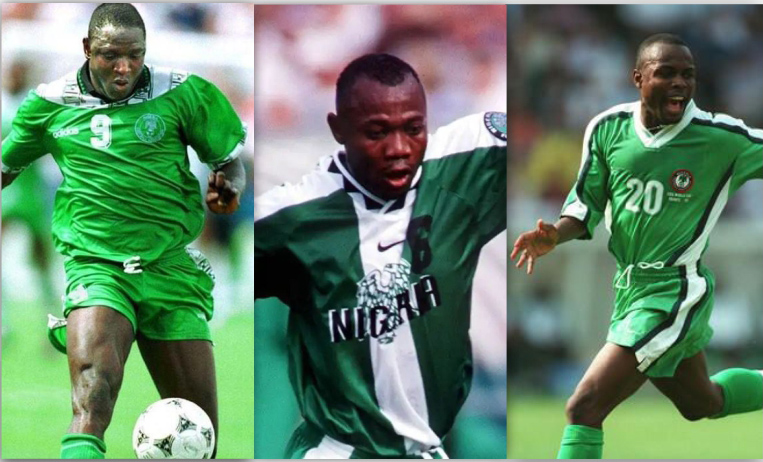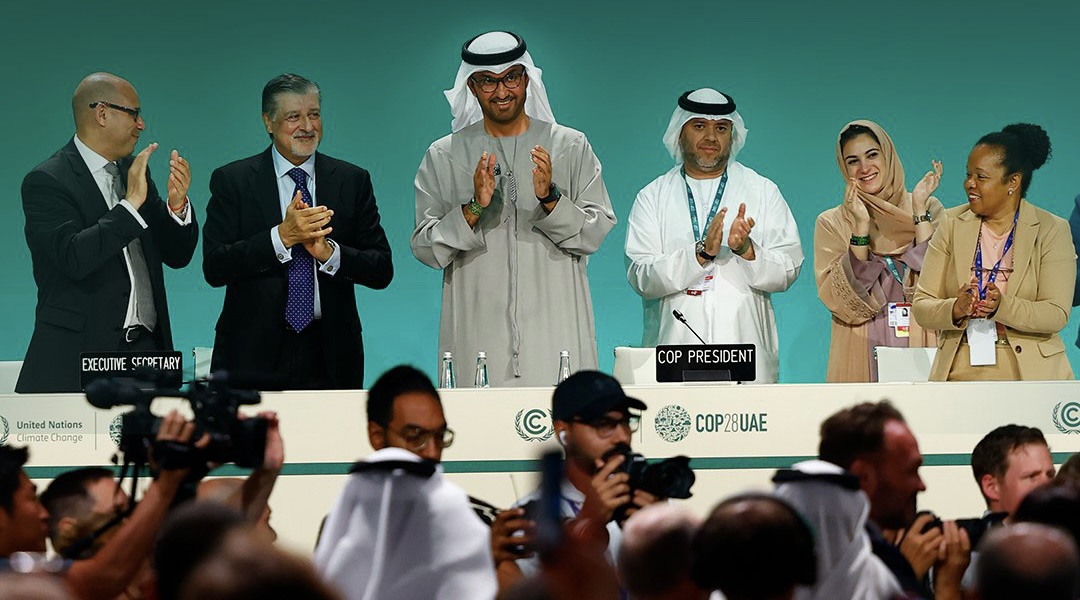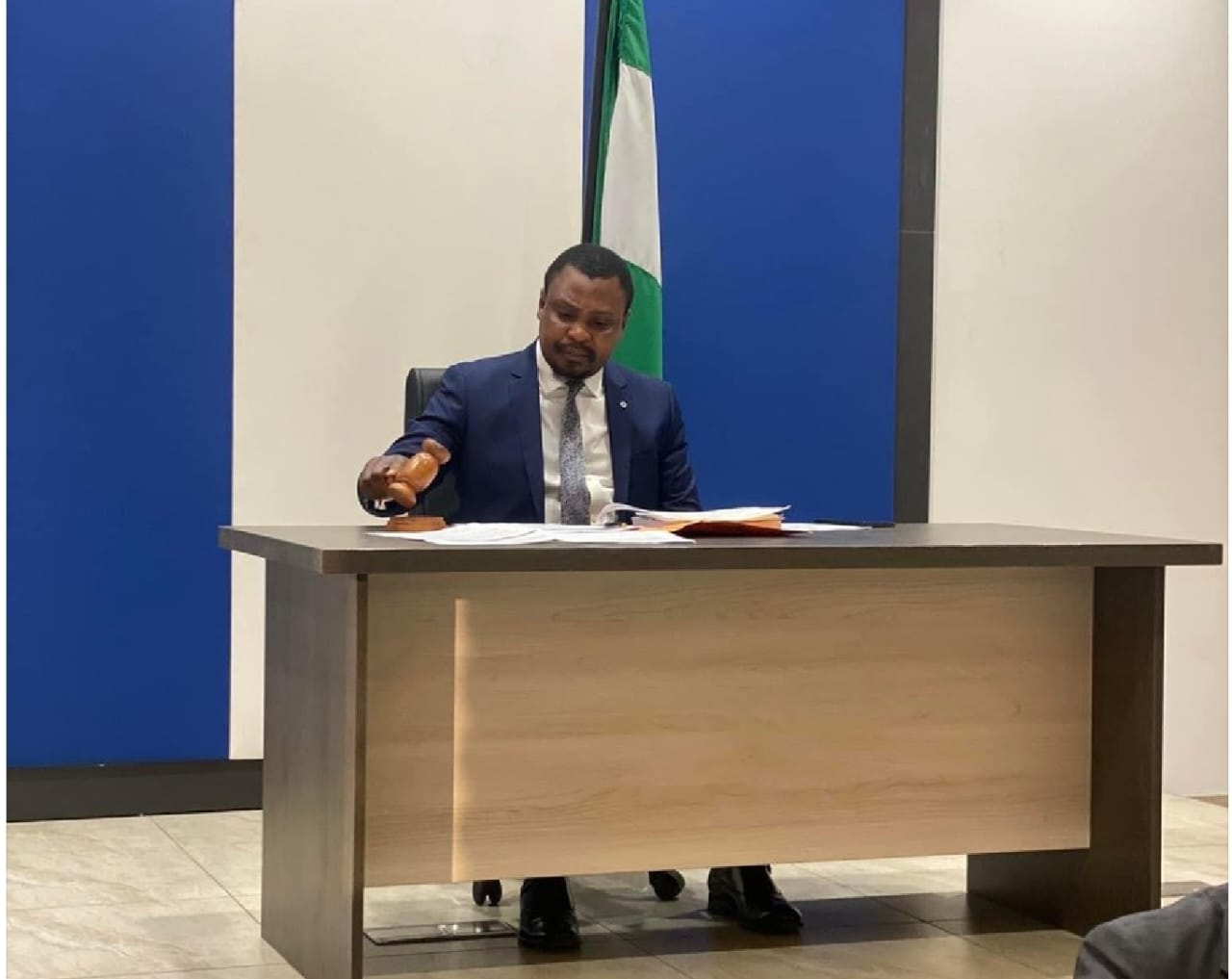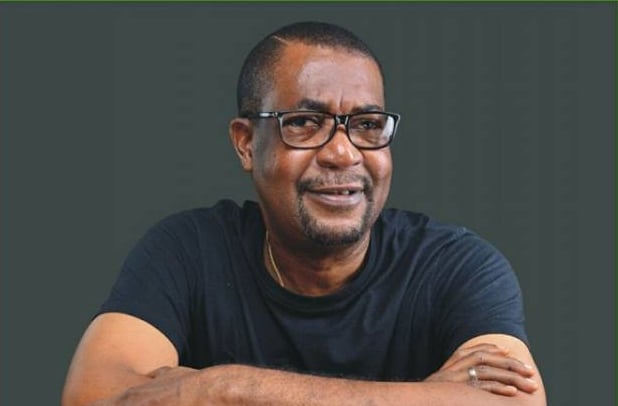Victor Osimhen’s laurel as the African male footballer of the year broke a long-standing jinx. No Nigerian had won the award for almost a quarter of a century. Even Osimhen could barely comprehend the concept of football as a toddler when Nwankwo Kanu won the prize in 1999.
Considering Nigeria’s stature in African football, the dry patch was a long and sad episode. While the country continued to dominate women’s football awards on the continent, the men’s honour eluded its array of football stars.
But before the dry spell, Nigerians were a constant feature on the podium of the award since its inception in 1992.
Nigeria won five times in the first seven years of the award.
Advertisement
RASHIDI YEKINI (1993)
Yekini was the first Nigerian to win the CAF African Footballer of the Year award. He took the prize in 1993 following an impressive year with Vitoria Setubal in Portugal.
He had finished as the highest goalscorer in the 1992 African Cup of Nations (AFCON) where Nigeria took the bronze medal.
Advertisement
Yekini was instrumental in Setubal’s purple patch in the early 1990s. He helped the team gain promotion from the Portuguese second division to the Primeira Liga.
The Nigerian scored an average of one goal per game in thirty matches during the 1992/1993 season.
EMMANUEL AMUNIKE (1994)
Amunike was 24 years old when he was named CAF African Footballer of the Year in 1994. He was discovered as the shining star of the Nigerian contingent to the All-African Games in Cairo, Egypt, just three years prior.
Advertisement
He joined Zamalek FC of Egypt and won the Egyptian Premier League in two consecutive seasons. He also led the club to the African Champions Cup — renamed CAF Champions League — in 1993.
Despite his early success, many believe that his overreliance on his quick and powerful left foot limited him; he was often labelled as a “one-legged player”. However, Amunike shimmied off the tag in the final of the 1994 AFCON when he scored both goals in Nigeria’s 2-0 victory over Zambia. He scored his second goal of the match with his right foot.
He was also instrumental at the 1994 World Cup for the Eagles, scoring goals against Bulgaria in the group stage and Italy in the ill-fated second-round match that sent Nigeria out of the competition.
Amunike won the 1994 prize ahead of George Weah and Yekini, who both finished second.
Advertisement
VICTOR IKPEBA (1997)
Ikpeba was crowned the best African footballer in 1997. Then 24 years old, he had struggled to secure a place in the Super Eagles, but was already a phenomenon in the French Ligue 1 with AS Monaco.
Advertisement
He scored 26 goals for the French side across all competitions in the 1996/97 season. He led Monaco to a league and cup double in the same season.
Ikpeba also finished second-top goalscorer in the UEFA Cup for the season — behind Marizio Gauz of Inter Milan.
Advertisement
KANU NWANKWO (1996 & 1999)
Kanu was just 20 when he was named the CAF African Footballer of the Year in 1996. The youngster played a significant role in Ajax’s 1995 UEFA Champions League (UCL) victory. The club also won Eredivisie that same season and finished as the runners-up in the 1996 UCL.
Advertisement
Kanu led Nigeria to the gold medal in the men’s football event at the 1996 Olympics in Atlanta. He was the county’s highest goalscorer in the competition, and his performance against Brazil in the semi-final endeared him to many football fans.
In 1999, the gangly playmaker became the first Nigerian to win the African Footballer of the Year twice. He survived a career-threatening heart defect to achieve the feat.
He had joined Arsenal FC in early 1999 and revived his career under Arsene Wenger. He was an outstanding member of Wenger’s cosmopolitan Gunners, who raced Manchester United to the final day for the English Premier League (EPL) title.
After Kanu, no Nigerian would win the honour for a long time…
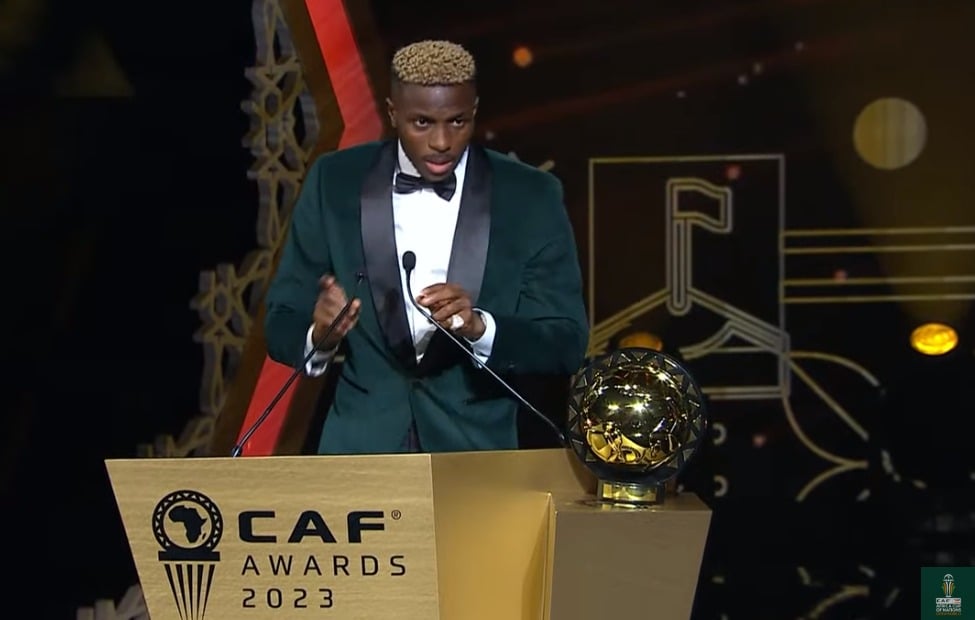
… UNTIL VICTOR OSIMHEN
On Monday, Osimhen became the first Nigerian male to win the CAF award in 24 years.
The 24-year-old has enjoyed a laurel-laden 2023, which started with leading Napoli to the club’s first Italian Serie A title in 30 years.
He scored 25 league goals to become the league’s highest goalscorer, setting the record as the first African footballer to achieve the feat.
The Eagles striker was also instrumental for Nigeria during the AFCON 2024 qualification campaign and was the top goalscorer in the series with ten goals.
He was named the eighth best male footballer in the world at the 2023 Ballon d’Or — becoming the first Nigerian to be named in the top ten of the Ballon d’Or.
Add a comment
